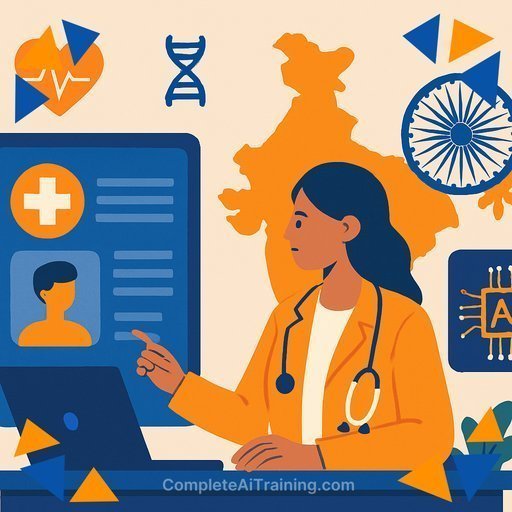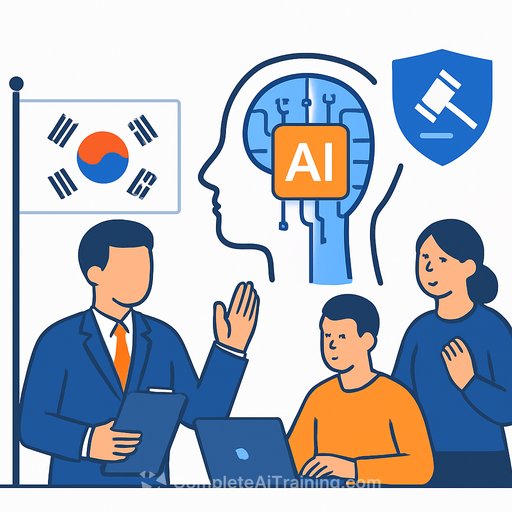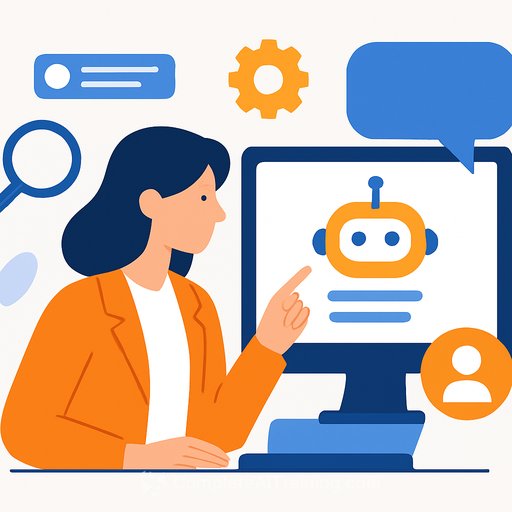Ex-Google AI Leader Questions the Value of Long Professional Degrees Amid AI Advances
Jad Tarifi, who founded Google's first generative AI team, warns that pursuing lengthy degrees in fields like law and medicine may no longer be the best investment of time. His reasoning? By the time students complete these programs, artificial intelligence will have advanced beyond their training, potentially making parts of their education obsolete.
Tarifi points out that AI development is moving so quickly that PhD candidates might be "throwing away" years of their lives. He emphasizes that even medical and law degrees, which require extensive study, could lose their edge due to how outdated the knowledge becomes in comparison with AI's capabilities.
Why AI Challenges Traditional Education Paths
According to Tarifi, the typical medical curriculum relies heavily on memorization, which AI can now perform and update faster than human students. He suggests that students focus on niche areas that intersect with AI, like AI applications in biology, or reconsider the necessity of formal degrees altogether.
He believes success in the future will stem less from formal credentials and more from personal qualities such as unique perspectives, emotional intelligence, and strong interpersonal connections.
Tech Leaders Voice Concerns About Higher Education
- Mark Zuckerberg has expressed doubts about college preparing students for today's job market, highlighting the rising student debt crisis and questioning whether everyone needs to attend college.
- Sam Altman, CEO of OpenAI, recently noted that their latest AI model performs at a level comparable to PhD experts, suggesting that traditional doctoral training may soon be outpaced by AI capabilities.
These opinions raise critical questions for legal professionals considering the value of advanced degrees in an AI-influenced job market.
The Job Market and AI-Fueled Shifts
Despite these challenges, the pipeline from PhD programs—especially those focused on AI—to lucrative private-sector jobs remains strong. For example, about 70% of AI doctoral graduates took private sector roles in 2023, a significant rise from two decades ago.
However, this trend has academic leaders worried about a "brain drain," where talented individuals may skip academic careers and teaching roles in favor of high-paying tech jobs.
As Henry Hoffmann from the University of Chicago notes, students increasingly accept six-figure offers even before completing their degrees, which could lead to fewer qualified educators in cutting-edge fields.
What Legal Professionals Should Consider
For those in the legal field, this shift means reassessing the traditional path of extended study. With AI rapidly evolving and capable of handling complex tasks, legal professionals might benefit from focusing on skills that AI cannot easily replicate—such as critical thinking, negotiation, client relationships, and emotional intelligence.
Additionally, staying informed about AI tools relevant to legal work can provide a practical advantage. Training resources like Complete AI Training's courses for legal professionals can help lawyers adapt and thrive without necessarily committing to lengthy degree programs.
Ultimately, the decision to pursue advanced degrees should weigh the pace of AI innovation and the evolving demands of the legal job market. Being strategic about education and skill development will be key.
Your membership also unlocks:






